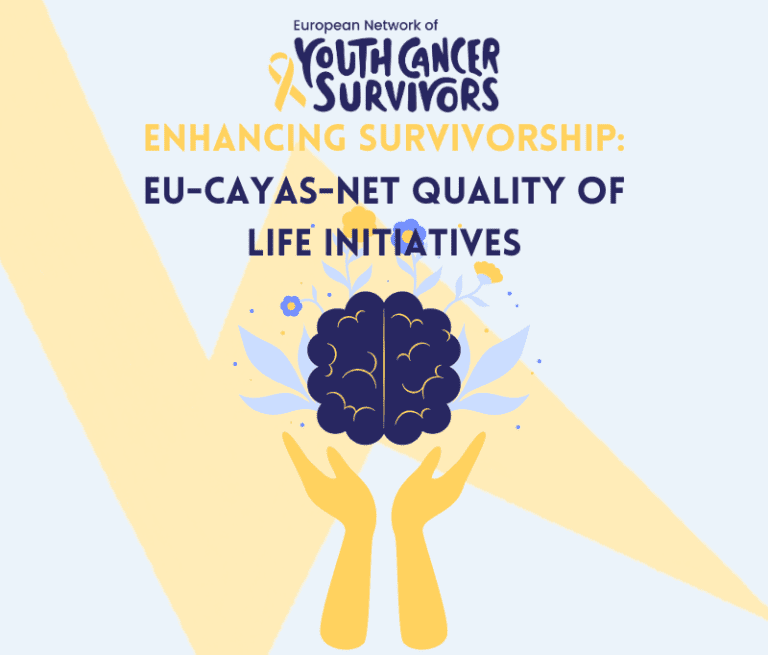 cachexia” class=”featured-image” />
cachexia” class=”featured-image” />
Overview
Cancer cachexia is a debilitating condition that affects many patients with advanced cancer. It involves severe weight loss, muscle wasting, and a decrease in appetite. Unlike regular weight loss, cachexia is driven by complex metabolic changes and inflammation, making it difficult to reverse with simple nutritional interventions.
Key Information
Cancer cachexia affects up to 80% of patients with advanced cancer and is associated with poor prognosis. It is characterized by a loss of more than 5% of body weight over six months, combined with muscle wasting and reduced food intake. The condition contributes to decreased quality of life, reduced tolerance to cancer treatment, and increased mortality.
Clinical Significance
Cancer cachexia is clinically significant because it directly impacts a patient’s ability to tolerate cancer treatments such as chemotherapy and radiation. It also accelerates disease progression and is a major cause of morbidity and mortality in cancer patients. Understanding and addressing cachexia is crucial for improving patient outcomes and quality of life.
Treatment & Management
Managing cancer cachexia involves a multidisciplinary approach that includes nutritional support, physical therapy, and medications. Nutritional interventions focus on high-calorie, high-protein diets, while medications may include appetite stimulants and anti-inflammatory agents. Exercise programs are also recommended to help maintain muscle mass.
Patient Resources
Patients and caregivers can access various resources for support and education on managing cancer cachexia. Organizations like the American Cancer Society and Cancer Support Community offer guidance on nutritional strategies, support groups, and coping mechanisms.
Frequently Asked Questions
- What causes cancer cachexia?
Cancer cachexia is caused by a combination of factors, including inflammation, metabolic changes, and the body’s response to cancer. It is not solely due to reduced food intake.
- Can cancer cachexia be reversed?
While challenging, cancer cachexia can be managed with a combination of nutritional support, medications, and physical therapy to improve quality of life and treatment outcomes.
- Is cancer cachexia common in all cancer patients?
Cancer cachexia is more common in advanced stages of cancer and is particularly prevalent in patients with cancers of the pancreas, stomach, lung, and esophagus.

















Comments
Thank you. Comment sent for approval.
Something is wrong, try again later